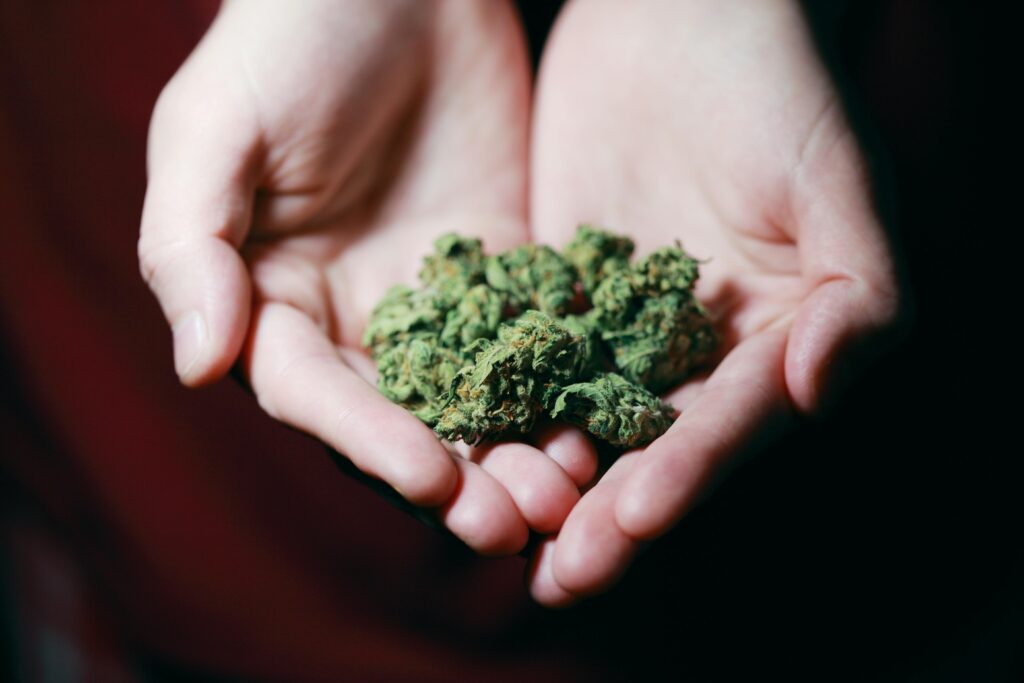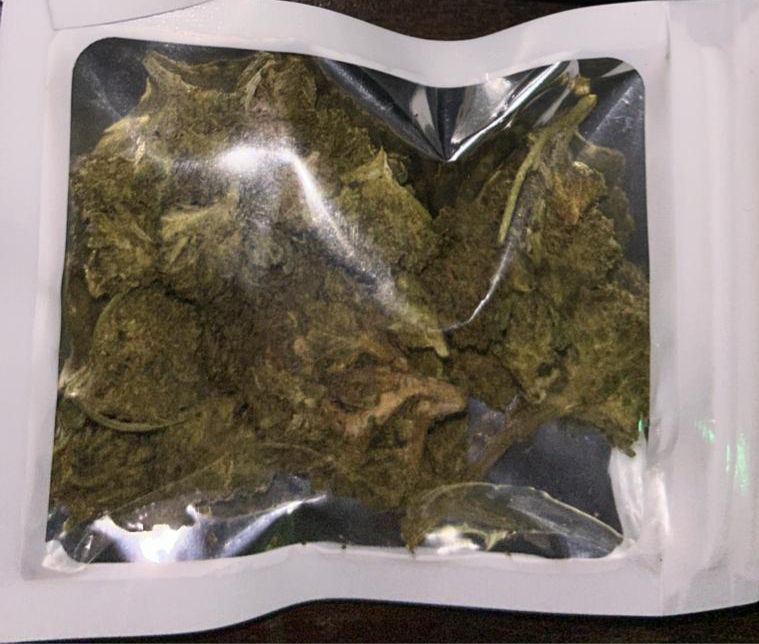Weed in Gwalior: The Underground Cannabis Scene

Gwalior, a historic city in Madhya Pradesh, is known for its magnificent forts, rich cultural heritage, and thriving student population. While cannabis (ganja) remains illegal in the city, its use persists discreetly among various groups, including youth, laborers, and spiritual seekers. Due to Madhya Pradesh’s vast rural areas, where wild cannabis sometimes grows naturally, access to weed in Gwalior is not uncommon.
Is Weed Legal
Under the Narcotic Drugs and Psychotropic Substances (NDPS) Act of 1985, cannabis is illegal across India, including in Gwalior. Possession, sale, or consumption of weed can lead to legal consequences, including fines and imprisonment.
However, there is a legal exception—bhang. Unlike ganja (dried cannabis flowers) and charas (hashish), bhang is legally sold in licensed shops across Madhya Pradesh. It is commonly consumed as bhang thandai or bhang lassi, especially during festivals like Holi and Mahashivratri. Bhang has deep cultural and religious significance and is often associated with Lord Shiva.
Where Do People Get buds ?
Since weed is illegal, it is not openly available, but certain sources exist:
- Local Dealers in Secluded Areas – Some hidden locations in the city are known for underground sales, though law enforcement remains a risk.
- Rural Villages Around Gwalior – Some cannabis plants grow naturally in the outskirts, making it accessible to those who know where to look.
- Interstate Smuggling – Some supply comes from states like Odisha, Andhra Pradesh, and Himachal Pradesh.
- Personal Networks – Many users rely on friends or trusted contacts to source cannabis.
- Religious Circles – Certain sadhus and spiritual practitioners use cannabis as part of their rituals.
Most of the cannabis found in Gwalior is of average quality (patti or leafy weed). High-quality charas (hashish) is rare and more expensive, usually brought in from Himachal Pradesh or Nepal.
Who Uses buds in Gwalior?
Although cannabis consumption in Gwalior is not as widespread as in larger cities, it is still present among:
- College Students and Young Adults – Some students experiment with weed for recreational purposes.
- Daily Wage Workers and Laborers – Some consume cannabis to cope with stress and exhaustion.
- Spiritual Practitioners and Sadhus – Certain religious figures use cannabis in meditation and rituals.
- Artists and Musicians – Some creative individuals find inspiration in cannabis.
The Future of Weed
Madhya Pradesh is one of the few Indian states that have started exploring legal cannabis cultivation for medicinal and industrial purposes. In recent years, the state government has issued licenses for hemp farming, which could be a step toward changing the perception of cannabis. However, recreational use remains strictly prohibited, and law enforcement continues to crack down on illegal cannabis trade.
For now, weed in Gwalior remains an underground phenomenon—used discreetly by those who seek it, while bhang remains the only legally accepted form of cannabis in the city.
Mr. Josh’s product exceeded my expectations in both potency and purity, I really appreciated the discretion and professionalism in the delivery process , you can reach to him on Telegram https://t.me/joshlegitplug and also there email joshchris385@gmail.com
Highly recommend for medical users looking for consistent effects.
The indica blend helped me finally sleep through the night thank you.
I appreciate how Mr. Josh respects privacy and always stays professional.
I’ve tried products from multiple vendors, but Mr Josh stands out.
I was skeptical at first, but now I won’t shop anywhere else, the product smells like pine and citrus—very inviting.
